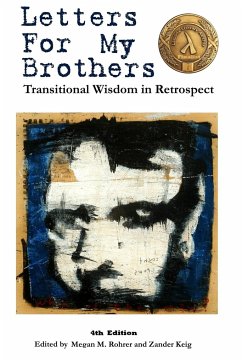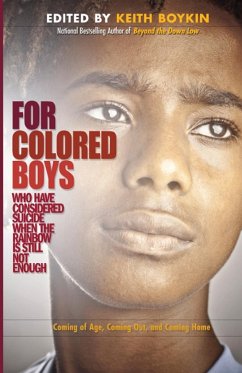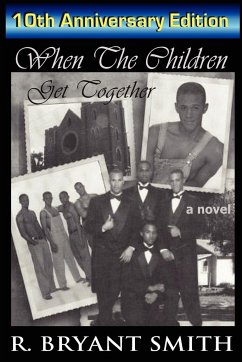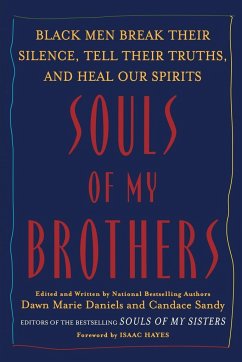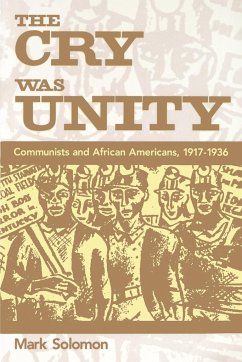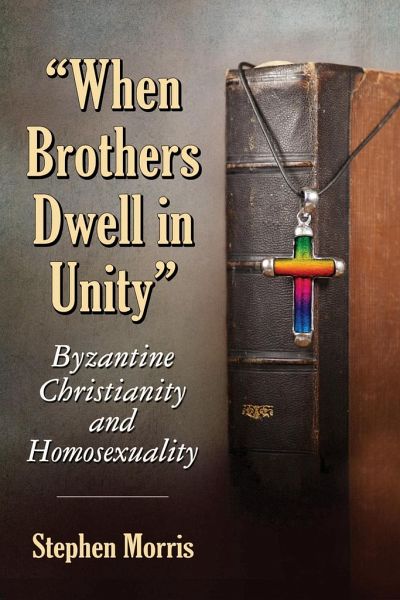
"When Brothers Dwell in Unity"
Byzantine Christianity and Homosexuality
Versandkostenfrei!
Versandfertig in 1-2 Wochen
35,99 €
inkl. MwSt.

PAYBACK Punkte
18 °P sammeln!
In the world of early Byzantine Christianity, monastic rules acknowledged but discouraged the homosexual impulses of adult males. What most disturbed monastic leaders was adolescent males being accepted as novices; adult men were considered unable to control their sexual desires for these "beautiful boys." John Chrysostom, the Archbishop of Constantinople (397-407), virulently denounced homosexuality, but was virtually the only Byzantine cleric to do so. Penances traditionally attached to heterosexual sins--including remarriage after divorce or widowhood--have always been much more severe than...
In the world of early Byzantine Christianity, monastic rules acknowledged but discouraged the homosexual impulses of adult males. What most disturbed monastic leaders was adolescent males being accepted as novices; adult men were considered unable to control their sexual desires for these "beautiful boys." John Chrysostom, the Archbishop of Constantinople (397-407), virulently denounced homosexuality, but was virtually the only Byzantine cleric to do so. Penances traditionally attached to heterosexual sins--including remarriage after divorce or widowhood--have always been much more severe than those for a variety of homosexual acts or relationships. Just as Byzantine churches have found ways to accommodate sequential marriages and other behavior once stridently condemned, this book argues, it is possible for Byzantine Christianity to make pastoral accommodations for gay relationships and same-sex marriage.





